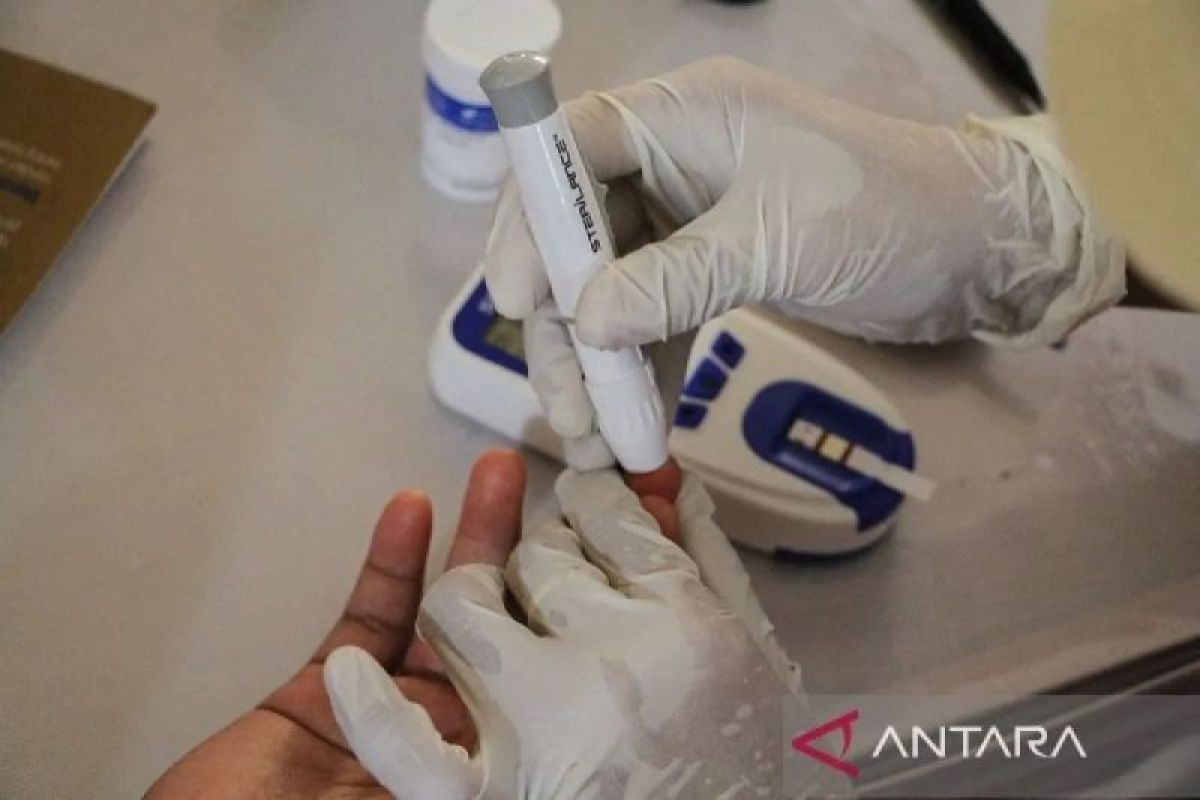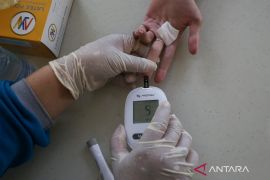“Maybe 20–30 years ago, we heard more often about people getting diabetes in their senior years. But now, people in their 30s and 40s are suffering from diabetes, hypertension,” deputy of the Jakarta Health Office, Dwi Oktavia, said here on Monday.
These health conditions have become common among the youth in urban areas like Jakarta. One of the risk factors behind this trend is a sedentary lifestyle, or lack of physical activity among the youth, she added.
“Mostly, their daily activities are just sitting in front of the computer or using gadgets for a long time,” she pointed out.
Urbanites also tend to consume foods and beverages that are high in sugar, salt, and fat content, she noted.
Hence, the government is currently pursuing efforts to curb non-communicable diseases, including promoting healthy lifestyle choices, as a means of early prevention.
“Thus, this is time for us to move together, changing lifestyle. Not only for adults or the elderly, instead we must start from the children,” Oktavia said.
According to her administration’s health screening data, at least 62.09 percent of Jakarta’s state civil apparatus are obese, with 40.03 percent experiencing stage one obesity (Body Mass Index of 30–40) and 22.06 percent stage two obesity (BMI of 40.1–50.0).
The data was recorded during health screenings of around 9,936 apparatuses in 2024. The screening included BMI calculation and blood pressure, blood sugar, and mental health checks.
The civil servants also underwent a physical fitness test, which included a Rockport Walk Test to gauge heart and lung health. In the test, only 9.6 of civil servants got “good” and “very good” results, underlining the need to improve their physical activity.
Related news: Indonesia bolsters strategy to eliminate hepatitis B, C by 2030
Related news: Indonesian minister pushes reform to tackle specialist doctor shortage
Reporter: Siti Nurhaliza, Mecca Yumna
Editor: Aditya Eko Sigit Wicaksono
Copyright © ANTARA 2025












![More Patients with Type 2 Diabetes Reach HbA[1c] Target with Apidra(R) on top of Lantus(R)](https://img.antaranews.com/cache/270x180/no-image.jpg)